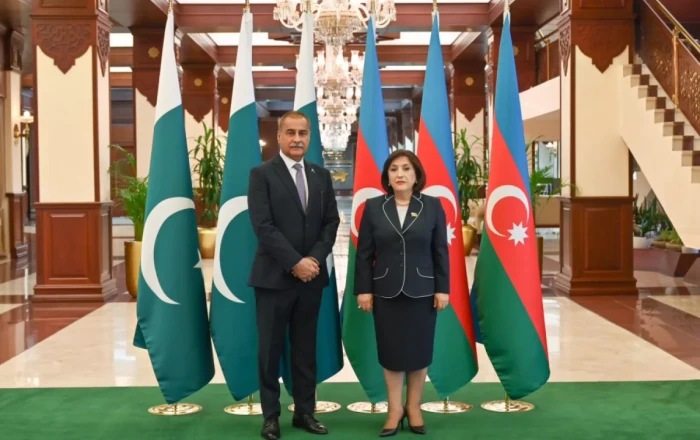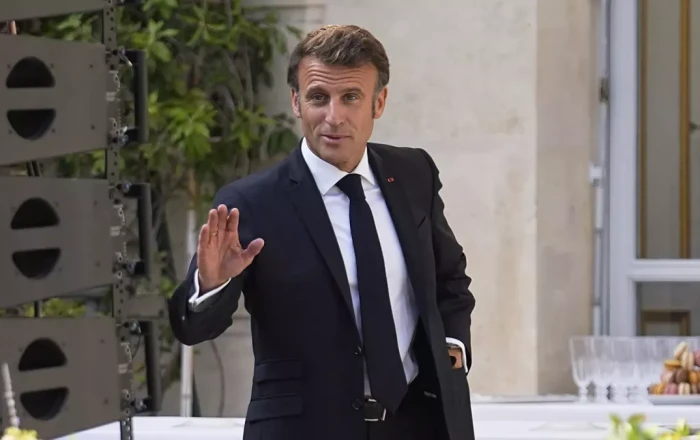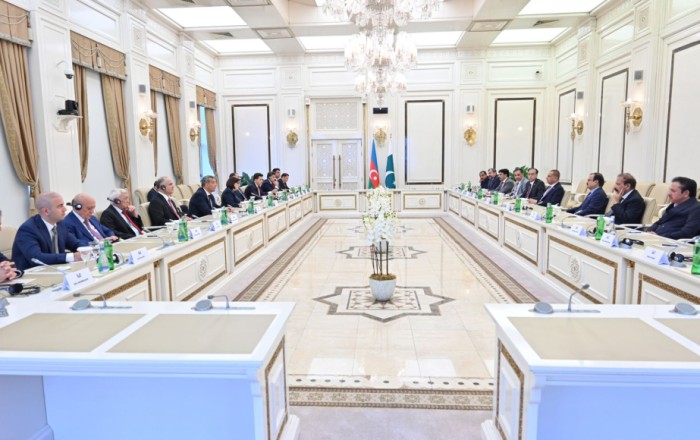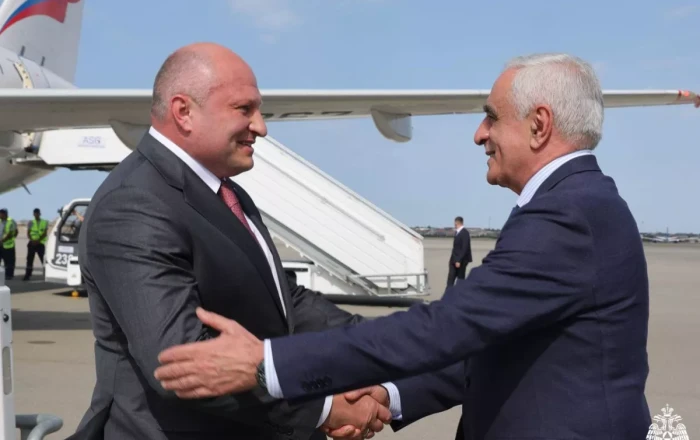Moscow’s geopolitical missteps in managing relations with its neighbours are becoming increasingly apparent. Russia’s imperial ambitions—never truly abandoned—have recently reached a critical point, stifling logic and diplomacy at their very core.
This conclusion is also being drawn in the West. For instance, Euronews notes that amid the international isolation triggered by its invasion of Ukraine, the Kremlin is leaning more heavily on totalitarian regimes such as North Korea. Meanwhile, its traditional partners—Azerbaijan and several Central Asian countries—are beginning to distance themselves from Moscow. This trend offers no positive prospects for Russia and only deepens its isolation.
What do experts think about this? Political analyst Rudolf Valeev from Austria shared his views on Russia’s current foreign policy course with Caliber.Az.
International affairs expert Rudolf Valeev believes that the deformation of Russian foreign policy began well before the war in Ukraine.

“Historically, Russia’s imperial mindset has always hindered its ability to build balanced relations with neighbouring countries, as each was perceived as a potential colony,” he said. “However, even five years ago, Russia’s political approach still retained some sense of hierarchy and awareness of red lines in relations with its neighbours. The war in Ukraine has erased all of those positive elements. Under Western sanctions, Russia’s foreign policy has lost its flexibility and appeal for both near and distant neighbours. A new generation of Kremlin propagandists has begun promoting a different set of values—chiefly, the belief that only force and hard pressure can bring success for Russia, while attempts at dialogue are seen as weakness or softness.”
“Today, we are witnessing how Moscow is losing its traditional partners—countries it could once rely on,” Valeev added. “This is the result of Russia’s overly aggressive and presumptuous foreign policy, which is ambiguous and, importantly, unjustified. The key issue is that Russia’s partner countries, when subjected to Kremlin pressure, don’t just feel discomfort—they begin to sense a threat. They fear that Russia could violate their sovereignty, and the war in Ukraine serves as a vivid example of such fears.”
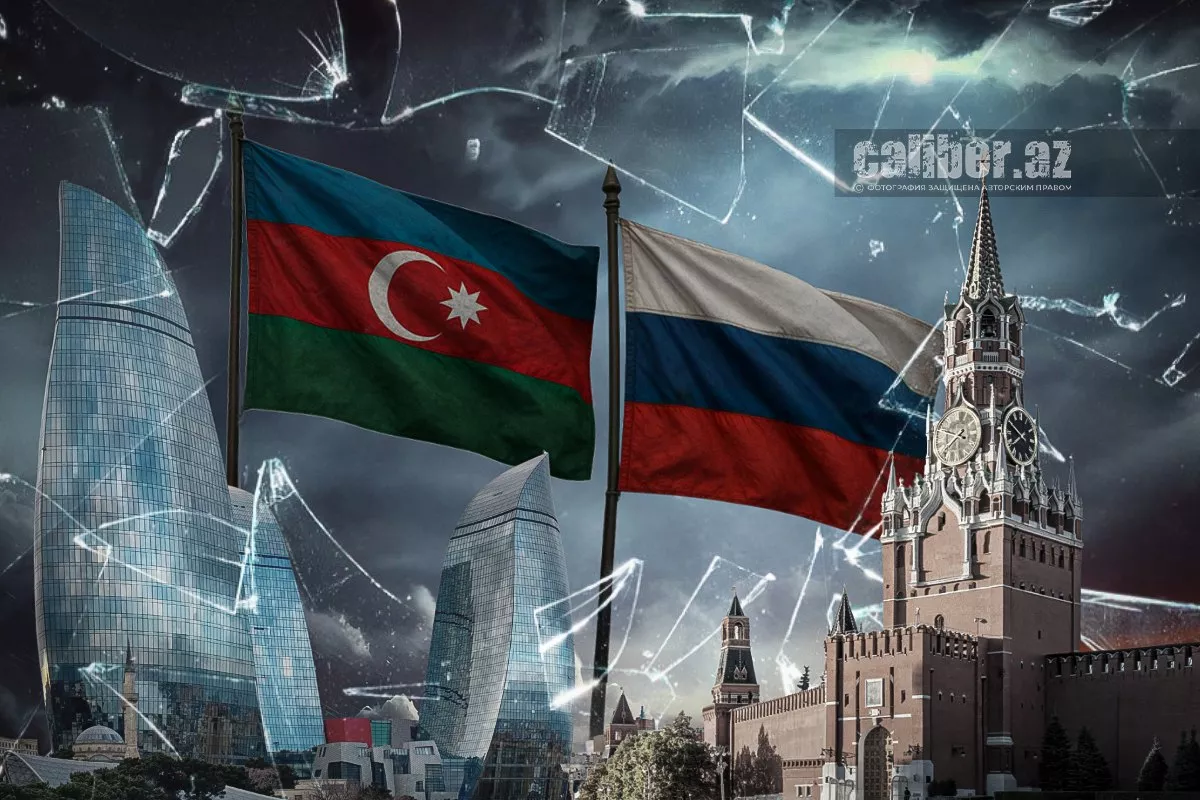
“The problem is that recently the Kremlin has barely concealed its claims against neighbouring countries, and such attempts are carried out through attacks by a clique of Russian propagandists—this has already become an established practice in the Russian media space. In this regard, the anti-Kazakh campaign, waged for several years by Russian populists to stir hatred against the Kazakh people and deny the country’s territorial integrity, has significantly influenced Astana’s decision to narrow cooperation with Moscow. Now, there is a new trend in Russia: anti-Azerbaijani hysteria. Given these tendencies, it is difficult to understand what political principles guide Moscow.
Russia, struggling under sanctions, is now putting its relations with Azerbaijan—its reliable partner in the south—at risk, effectively driving itself into final isolation and risking losing any strategic transport links in this direction, such as the North-South corridor. And this is only part of the geopolitical losses Russia faces if the conflict with Azerbaijan continues,” Valeev stated.
Source: caliber.az




